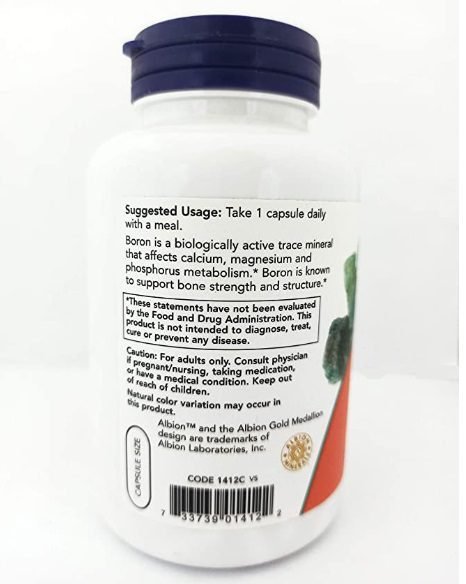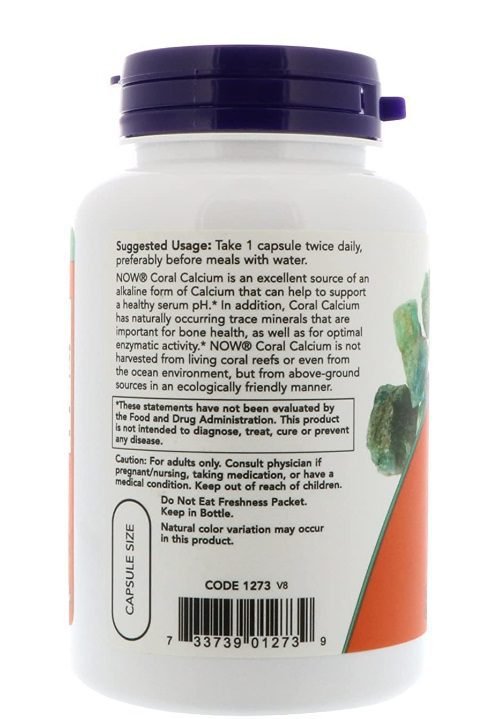
Understanding Cancer
Cancer, also known as Malignant Tumor, occurs because oncogenes are activated, leading to uncontrolled proliferation of cells and the formation of tumors. If it continues to deteriorate and forms a malignant tumor, it is called cancer.
The World Health Organization (WHO) pointed out that cancer is one of the leading causes of death in the world, killing nearly 10 million people in 2020; It has ranked first among the top ten causes of death for 40 consecutive years; the number of cancer deaths in 2021 will be 51,656, accounting for 28% of the death toll.
The cancer clock is turning fast again, with an average of one person dying every 10 minutes and 10 seconds, which is 20 seconds faster than the 10 minutes and 30 seconds in 2020. The “number one killer” is still lung cancer, followed by liver cancer. Lung cancer and liver cancer have ranked the top two for 42 consecutive years. The order of the top ten cancer deaths is the same as the previous year. The 3rd to 10th are colon, rectal and anal cancer, and female breast cancer, prostate (prostate) cancer, oral cancer, pancreatic cancer, stomach cancer, esophageal cancer and ovarian cancer.
The latest global cancer data for 2020 released by the World Health Organization’s
International Agency for Research on Cancer (IARC) has compiled statistics on the latest incidence, mortality, and cancer development trends of 36 cancer types in 185 countries around the world. This data report shows that in 2020, 19.3 million people will be newly diagnosed with cancer, and nearly 10 million people will die. 1 in every 5 people will develop cancer in their lifetime. Every 8 men and every 11 women will have cancer, 1 person will die from cancer. About 50.6 million survivors are survivors 5 years after a cancer diagnosis. Breast cancer has become the most common cancer in the world.
The incidence of breast cancer surpassed lung cancer
However, lung cancer still ranks first in the death rate list. The latest estimates show that in 2020, there will be 19.29 million new cancer cases worldwide, including 10.06 million male cases and 9.23 million female cases; the global cancer death cases in 2020 are expected to be 9.96 million cases, including 5.53 million males and 4.43 million females.
Before 2020, lung cancer has always the cancer with the highest incidence rate in the world. According to the latest data in 2020, the number of new breast cancers has reached 2.26 million, and the number of lung cancers has reached 2.2 million. Breast cancer officially replaced lung cancer and became the world’s largest cancer incidents.
The top ten cancers with global incidence are: breast cancer 2.26 million, lung cancer 2.2 million, colorectal cancer 1.93 million, prostate cancer 1.41 million, gastric cancer 1.09 million, liver cancer 910,000, cervical cancer 600,000, esophageal cancer 600,000, thyroid cancer 590,000, bladder cancer 570,000. These ten cancers accounted for 63% of all new cancers.

In 2020, there will be 9.96 million cancer deaths worldwide, including 1.8 million deaths from lung cancer, far surpassing other types of cancer. This will rank first in the number of cancer deaths. The “lethality” of breast cancer has dropped significantly, ranking fifth.
The top ten cancer deaths are: lung cancer 1.8 million, colorectal cancer 940,000, liver cancer 830,000, stomach cancer 770,000, breast cancer 680,000, esophageal cancer 540,000, pancreatic cancer 470,000, prostate cancer 380,000, and cervical cancer 340,000, leukemia 310,000. These ten cancers account for 71% of all cancer deaths.
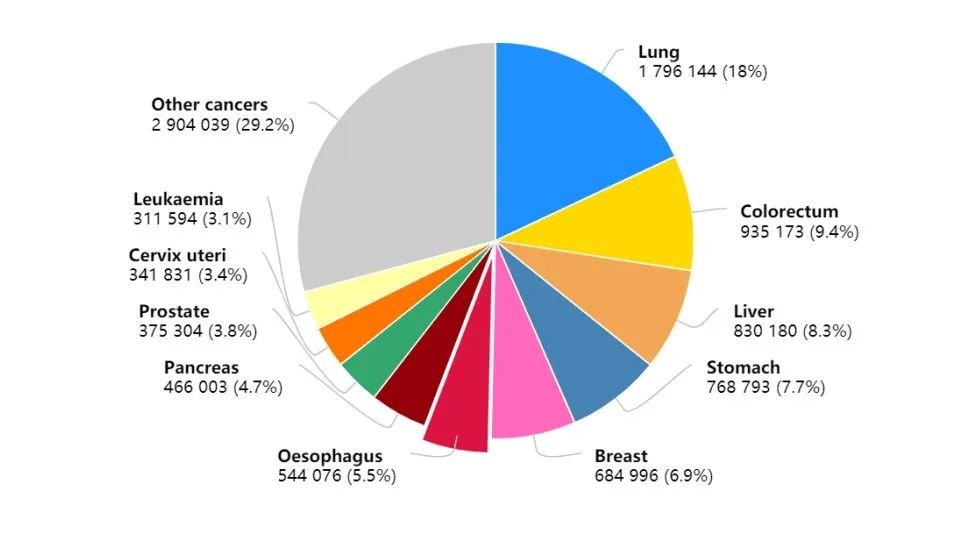
10.07 million cases of cancer in men worldwide
Lung cancer ranks first, followed by prostate cancer: 5.53 million deaths, most of which are lung cancer and liver cancer, accounting for about 1/3
In 2020, there will be 10.07 million new cancer cases in men worldwide, accounting for 52% of the total. The top ten cancers in the world are: lung cancer 1.44 million, prostate cancer 1.41 million, colorectal cancer 1.07 million, gastric cancer 720,000, liver cancer 630,000, bladder cancer 440,000, esophageal cancer 420,000, non-Hodgkin’s lymphoma 300,000, kidney cancer 270,000, and leukemia 270,000. These ten cancers account for nearly 70% of the total number of new cancers in men.
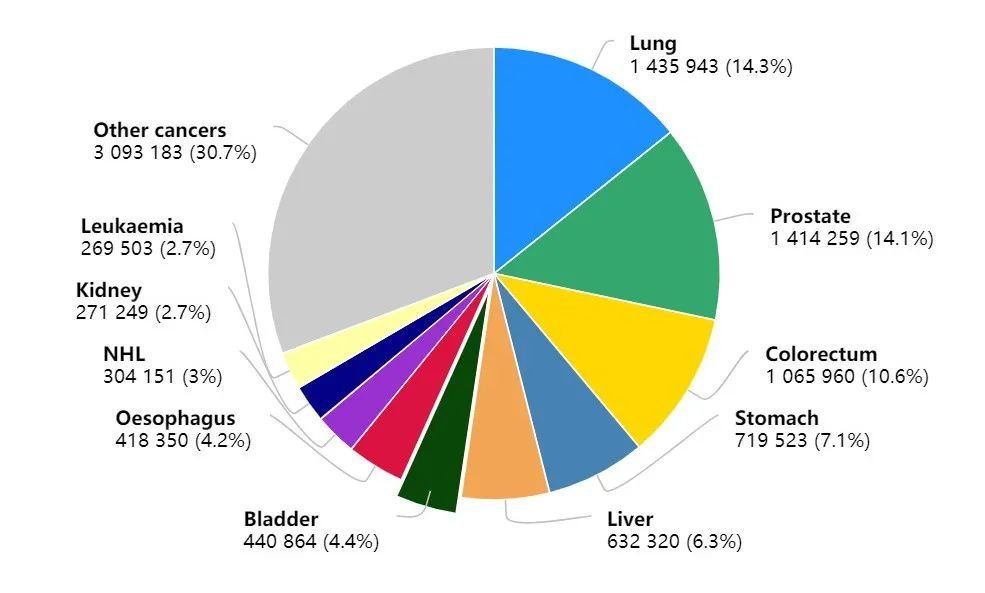
In 2020, there will be 5.53 million male cancer deaths in the world, accounting for 56% of the total. Among them, the number of lung cancer deaths will reach 1.19 million, far exceeding other types of cancer. In 2020, the top ten cancers in male cancer deaths in the world are: lung cancer 1.19 million, liver cancer 580,000, colorectal cancer 520,000, gastric cancer 500,000, prostate cancer 380,000, esophageal cancer 370,000, pancreatic cancer 370,000, and leukemia 180,000 , bladder cancer 160,000, non-Hodgkin’s lymphoma 150,000, these ten cancers accounted for nearly 77% of the total number of cancer deaths in men.
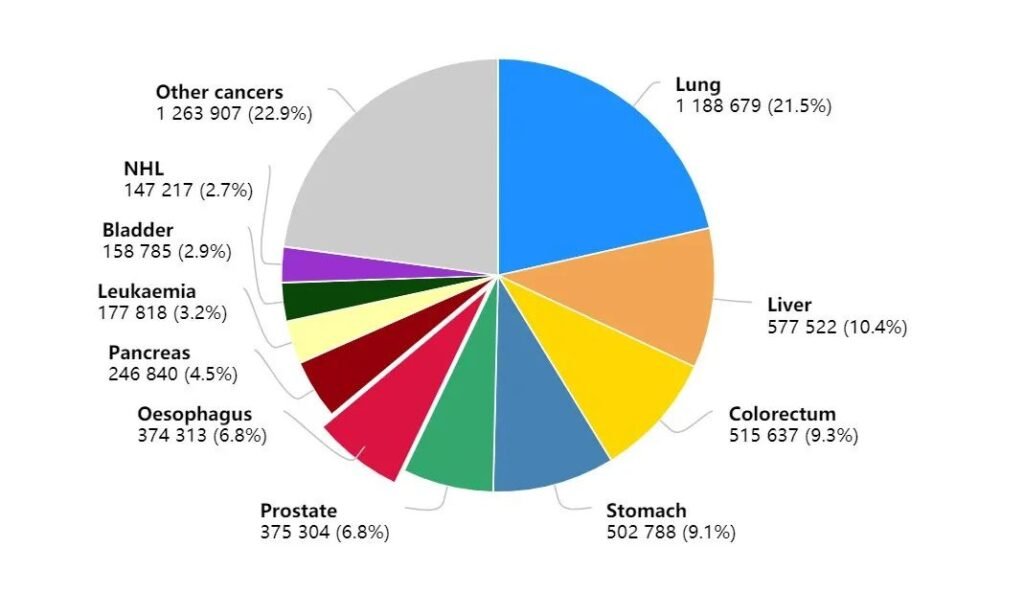
9.23 million cases of cancer in women worldwide

Nearly 1/4 is breast cancer; among the 4.43 million deaths, breast cancer and lung cancer are the most. In 2020, there will be 9.23 million new cancer cases in women worldwide, accounting for 48% of the total. In 2020, there will be 2.26 million new cases of female breast cancer, far more than other female cancer types. The top ten cancers with the highest number of new female cases in the world are: breast cancer 2.26 million, colorectal cancer 870,000, lung cancer 770,000, cervical cancer 600,000, thyroid cancer 450,000, endometrial cancer 420,000, gastric cancer 370,000, ovarian cancer is 310,000, liver cancer is 270,000, and non-Hodgkin’s lymphoma is 240,000. These ten cancers account for 71% of new cancers in women.

In 2020, there will be 4.43 million female cancer deaths in the world, accounting for 44% of the total. The top ten cancers in the global female cancer deaths in 2020 are: breast cancer 680,000, lung cancer 610,000, colorectal cancer 420,000, cervical cancer 340,000, Stomach cancer is 270,000, liver cancer is 250,000, pancreatic cancer is 220,000, ovarian cancer is 210,000, esophageal cancer is 170,000, and leukemia is 130,000. These ten cancers account for nearly 74% of female cancer deaths.

The cancer burden is projected to increase by 50% by 2040
The number of new cancer cases will reach nearly 30 million. In the latest global cancer data in 2020, one of the most obvious changes is the rapid growth of new cases of breast cancer, replacing lung cancer as the world’s largest cancer. One of the underlying reasons for the increase in breast cancer incidence is the changing risk factors for breast cancer, such as delaying childbearing, reducing childbearing, which is most pronounced in countries undergoing social and economic transition, overweight and obesity, and lack of physical activity. This is also the cause of the rising incidence of breast cancer worldwide.
Globally, due to the aging population, it is estimated that the burden of cancer will increase by 50% in 2040 compared with 2020, and the number of new cancer cases will reach nearly 30 million by then. This is most pronounced in countries undergoing social and economic transformation.
The increase in cancer burden coincides with changes in common cancer types, and many countries are experiencing marked increases in the prevalence of known cancer risk factors now prevalent in high-income industrialized countries, including smoking, unhealthy diets, obesity epidemics, and lack of exercise.
Prevention and treatment interventions for cancer, which need to be integrated into national-level health plans, are key means of reducing the future global cancer burden and closing the growing gap between developing and developed countries.
Related Topic
Reference
Helpful Organization
Best Book To Fight Cancer – Just Click to Buy
Nutritional Oncology
Nutrition in Cancer Prevention, Treatment, and Survivorship presents evidence-based approaches to the study and application of nutrition in all phases of cancer including prevention, treatment, and survivorship. There is a long history of interest in the role of nutrition in cancer but only in the last 50 years has this interdisciplinary field developed scientific evidence from a combination of population studies, basic research, and clinical studies. Precision oncology, targeted therapies and immunonutrition have led to advances in cancer treatment and prevention.
Oncological Functional Nutrition
Phytochemicals and Medicinal Plants presents the anticancer activities, metabolism, mechanism of action, doses, and sources of various phytochemicals and medicinal plants. Broken into five parts, this book addresses cancer epidemiology, molecular and therapeutic bases of cancer, macro and micronutrients in cancer prevention and treatment, phytochemicals in the cancer treatment, and medical plants as potential functional foods or resources for the obtention of metabolites with anticancer activity.Written for nutritionists, food scientists,
Food to Fight Cancer
One-third of all cancers are linked to poor diet. Minimise your risk of developing the disease with Foods to Fight Cancer, the anticancer guide that will dispel the myths and give you the facts about your food. Discover how you can help to prevent cancer with every meal by incorporating foods like garlic, cabbage, and tomatoes into your diet, and learn which herbs and spices can lower help to lower cancer risk. See the benefits behind each cancer-fighting food and the properties that make these essential to your diet. Bringing together more than a decade’s worth of oncological research..
Supplement to Prevent Cancer
-
Benefits of Boron
- Anti-inflammatory effects.
- Help alleviate arthritis.
- Improve brain function.
- Has anticancer effects.
- Boronated compounds used in the treatment of several types of cancer.
- Maintain bone density.
- Accelerate the healing of fractures.
- Relieve rheumatoid arthritis symptoms.
- Adjusting your body’s natural production of testosterone and estradiol, a type of estrogen.
-
Benefit of Vitamin C & Bioflavonoids
- Enhance immune function, prevent colds It can help white blood cells fight bacteria and viruses and enhance immunity.
- Promote wound healing It is a nutrient required for collagen production. Collagen is an important component of connective tissue, which can maintain a tight arrangement between cells and promote skin wound healing.
- Whitening, anti-aging, skin health.
- Anti-cancer, antioxidant.
- Delay the occurrence of cataracts.
- Prevent cardiovascular disease.
-
Benefit of Now Foods Omega-3, Molecularly Distilled 30 Softgels
- Fight Depression and Anxiety.
- Improve Eye Health
- Promote Brain Health During Pregnancy and Early Life.
- Improve Risk Factors for Heart Disease.
- Reduce Symptoms of ADHD in Children.
- Reduce Symptoms of Metabolic Syndrome.
- Fight Inflammation.
- Fight Autoimmune Diseases.
- Improve Mental Disorders.
- Fight Age-Related Mental Decline and Alzheimer’s Disease.
- May Help Prevent Cancer.
- Reduce Asthma in Children.
- Reduce Fat in Your Liver.
- Improve Bone and Joint Health.
- Alleviate Menstrual Pain.
- May Improve Sleep.
- Good For Your Skin
-
- Helps maintain the normal secretion of thyroid hormones.
- Helps maintain normal growth, development, neuromuscular function.
- Regulates cellular oxidation.
- Improves cognitive memory function (under stress)
- Benefits phenylketonuria
- Good for depression
- Benefits schizophrenia
- Improves narcolepsy/narcolepsy
- Can improve human immune function.
- Can prevent cancer and fight cancer.
- Can protect the heart muscle.
- Protects the liver.
- Is an antioxidant.
- Can be involved in the treatment of diabetes.
- Protects and repairs cells.
- Improve vision and prevent eye diseases






